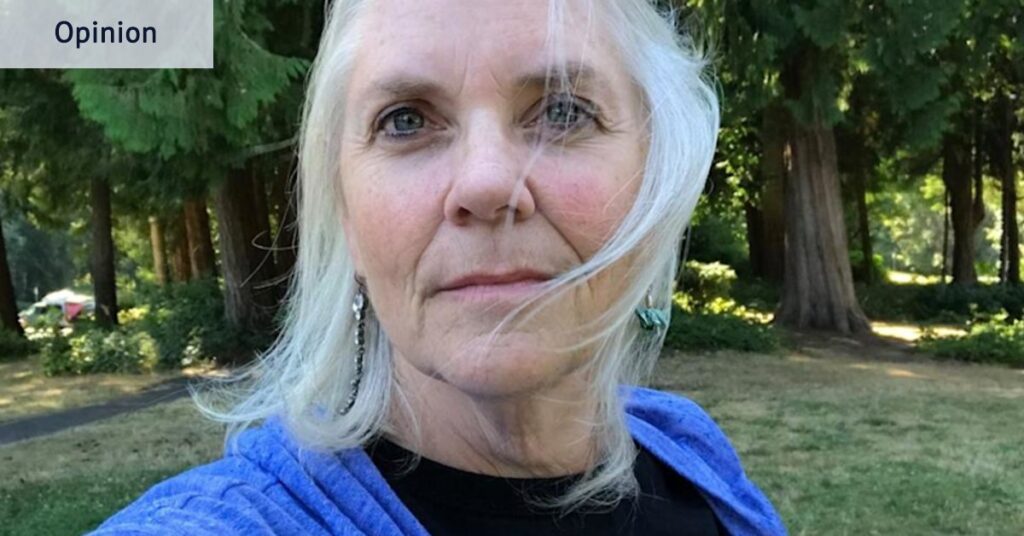
In a candid discussion, Susan Gerbic, a prominent American sceptic, has reignited the debate surrounding psychic mediums by describing them as “grief vampires.” This term, coined by Gerbic and her partner, targets individuals like John Edward, known for his show “Crossing Over,” who charge for purportedly communicating with the deceased. Edward is currently on a 13-show tour across Australia, stirring both intrigue and controversy.
Gerbic’s critique is not without reason. “It started out for legal reasons,” she explains, “because calling them ‘grief vampires’ rather than ‘frauds’ or ‘con artists’ meant we were less likely to get sued.” Her argument is that these individuals exploit the vulnerable, capitalizing on grief for financial gain. “They have no conscience,” Gerbic asserts, “they’re sociopaths.”
The Mechanics of Mediumship
According to Gerbic, the methods employed by psychic mediums are anything but supernatural. Techniques such as “cold reads” and “hot reads” are common. A cold read involves making educated guesses based on a person’s appearance and reactions, while a hot read involves gathering information beforehand, often through online research or mingling with the audience before a show.
Gerbic has exposed these practices through operations like “Operation Pizza Roll” in 2017 and “Operation Onion Ring” in 2021. In these stings, she and her team planted fake stories with psychics, who then presented them as messages from the spirit world. “When they repeat it, we have them caught,” she explains.
Industry and Media Complicity
The persistence of psychic mediums in popular culture is partly due to media complicity. Despite widespread skepticism, figures like John Edward continue to receive media platforms that lend them credibility. “The problem with psychic mediums, and actually the whole pseudoscience world, is the enablers,” Gerbic states. “They could slap these people down in a heartbeat by stopping the interviews.”
Gerbic’s frustration is palpable when discussing media figures who defend such practices as harmless entertainment. “No, you have a responsibility as a person of influence to not keep perpetuating pseudoscience,” she argues.
Religious Parallels and Ethical Concerns
Gerbic acknowledges the complexities when religious beliefs intersect with psychic claims. She notes that many victims of psychic mediums are Christians, already predisposed to believe in life after death. This makes them particularly vulnerable to exploitation by those claiming to communicate with spirits.
Critics of Gerbic’s stance argue that psychics provide comfort to the grieving. However, she counters, “Is it OK to lie to people for money? It’s a consumer issue. It’s not right to take money from people for a job that they’re really not doing.”
Unresolved Mysteries and Unmet Claims
One of the strongest arguments against psychic mediums is their failure to solve real-world mysteries. “If there really were people who could talk to dead people, they could solve every murder case there ever was,” Gerbic points out. Despite claims, no psychic has ever solved a murder or found a missing person.
John Edward, for instance, is promoting a book with former FBI agent Robert Hilland, claiming to have helped solve crimes. Gerbic remains skeptical, “There is no hard evidence that anything John Edward said solved anything.”
The Broader Implications
Gerbic’s critique extends beyond individual psychics to the broader implications of their claims. “If he could see his own future, and the futures of so many others, why couldn’t he see that COVID was coming?” she asks, highlighting the inconsistency in psychic predictions.
As the debate continues, Gerbic’s insights challenge both the ethics and the efficacy of psychic mediums. Her work underscores the need for critical thinking and consumer protection in the face of claims that prey on the vulnerable.
Peter FitzSimons, a columnist and author, contributed to this report, providing a platform for these critical perspectives on the psychic industry.







